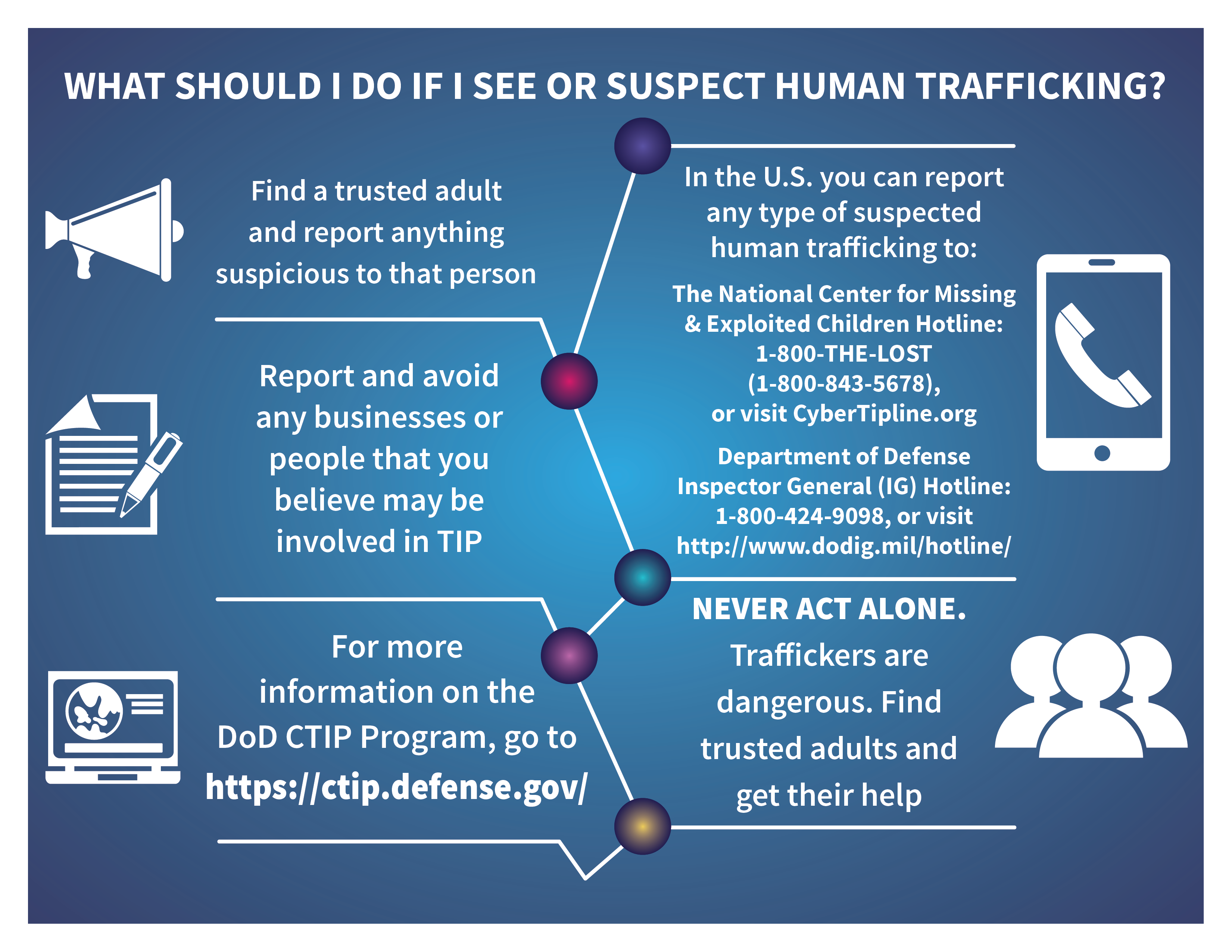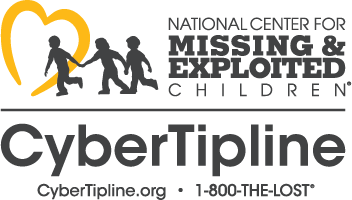Call to Action
Call to Action
Play the video to learn about a few key takeaways from this student guide that will help to keep you and the people you care about safe when it comes to human trafficking.
Grace: Did you ever think there’d be so much to talk about when it comes to preventing human trafficking?
Karen: No, I didn't.
Carlos: No.
Kiley: Yeah, it turns out there is a lot that teens need to know about when it comes to keeping ourselves and our friends and family safe. Because it’s all around us!
Carlos: We’ve done our best to hit some of the high points with each of the activities you can select. This site is set up so you can check out all of the topics in any order you like, at any time. And you can start with just one or two topics that interest you most, or maybe apply to a situation you, or a friend, are going through.
Grace: Hopefully you check out all of them, because they’ll help you to make a safe decision, or a positive change in your life or someone else’s!
Karen: There are some bottom lines in all of this. The main one is:
- Human trafficking is happening here in the U.S. as well as in countries around the world
- It can happen to anyone regardless of age, sex, nationality, ethnicity, race, or social and economic status
Kiley: We also need to remember:
- Children and teens are especially vulnerable, and traffickers target us
- We need to know traffickers recruitment techniques
- And the signs and indicators of human trafficking
- And most importantly, we need to know what to do if we, our friends, or any family members are in trouble
Carlos: Never forget this: Traffickers are dangerous, and we shouldn’t act alone in stopping them. Talk to a parent, a guardian, or find a trusted adult from the list in our Trusted Adult topic.
Grace: Remember, if you see something or suspect something, say something. We’ve given you some emergency contacts to report human trafficking by phone or online.
Kiley: One more time, on your screen, they are: 1-800-THE-LOST or go to CyberTipline.org.
Karen: Stay safe, everyone!
Be sure to download the infographic and keep it with you so you can easily access the information, should you ever need it!

At any time during this training, call the National Center for Missing & Exploited Children Hotline at 1-800-THE-LOST (1-800-843-5678) to speak to someone about anything in this training that concerns you.

To report an incident online, fill out a report here: CyberTipline
